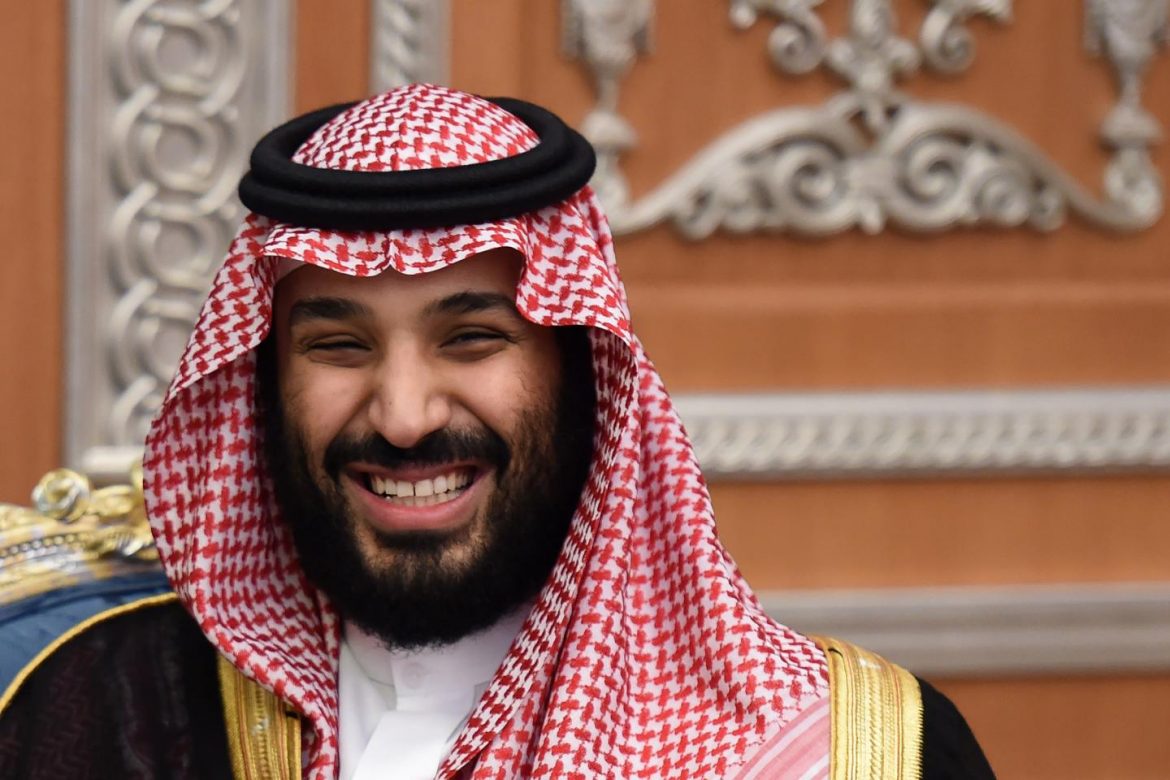This material belongs to: Newsweek.
The so-called “anti-corruption” campaigns in Saudi Arabia and China are actually forms of corruption in themselves.
Claiming that the Crown Prince and Xi are merely cleaning up government is like saying Hezbollah is just a political party in Lebanon. Reality is far more complex.
Corruption is a serious issue that is especially important to current opponents and supporters of President Trump’s administration, so let’s take a moment to unpack what “corruption” means in dictatorships and democracies.
“Anti-corruption” sweeps are a common authoritarian tactic for consolidating power. The campaigns are an easy international sell because it is commonly accepted that corruption corrodes the fabric of society.
It undermines people’s trust in political and economic systems, institutions and leaders. It can cost people their freedom, health, money — and sometimes their lives.
But is this the type of corruption that dictators are combating? Not really.
Turns out that identifying corruption is really complicated. The term “corruption” has no clear definition. That’s right, that thing we all know “smells bad” (like bribes, collusion, conspiracy, etc.), really is like the Christmas Vacation mystery odor from Cousin Eddie’s RV.
There’s no international legal definition for corruption or terrorism, but it’s for a reason. Terrorism and corruption are labels often used as weapons against opponents — communists call capitalists corrupt and jihadists call Christians terrorists all the time. It’s crazy, so let’s clarify.
Corruption is “the abuse of entrusted political power for private gain.” This is exactly what the current “anti-corruption” campaigns in Saudi Arabia and China are. Here’s why.
Dictatorships are ruled by a small group (relative to the population of the country), and their leaders (such as Kim Jong Un ) purchase long stays in power through a mixture of money and violence.
So-called “anti-corruption” campaigns keep the ruling group small and the money plentiful. Sure, there is always an element of plausible deniability — “I’m not purging my opponents, I’m just trying to clean up the government” — but don’t fall for it.
For those of us that live in democracies, our leaders stay in office for relatively short periods of time because the people that constitute democratic governance demand good policies and erect institutions (such as constitutions and elections) that ensure rotations of power.
People in democracies that oppose the elected leader typically always label him/her as corrupt. Just ask Carter, Nixon, Clinton, Bush, Obama, or literally any elected official.
This isn’t to say that corruption does not exist — it most assuredly does and we inherently smell it all around us all the time — but it is important to remember that for dictators, “anti-corruption” is a tool for masking deeper corruption.
In democracies, anti-corruption campaigns are messy and complex, but they do seek justice. This is because the rule of law creates processes, separations of power, and rights that make it difficult to be corrupt and to be proven corrupt.
In a dictatorship the king just has to say it and it is so. Mind the gap.
Clay R. Fuller is a Jeane Kirkpatrick fellow at the American Enterprise Institute.
 info@anticorr.media
info@anticorr.media

